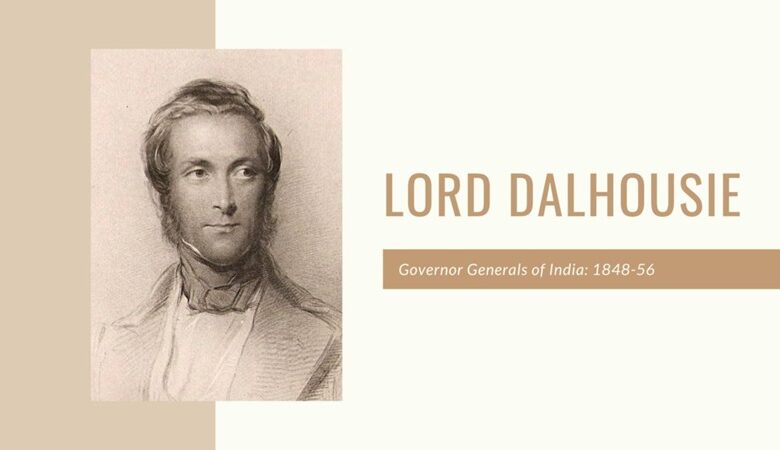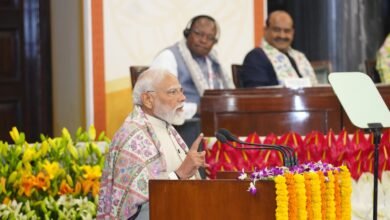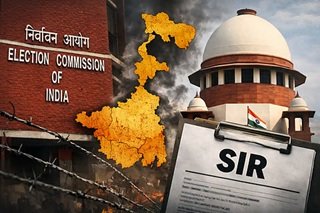Lord Dalhousie – The father of Indian Railways
News Mania Desk / Piyal Chatterjee / 19th April Desk

The Great Indian Peninsula Railway operated the first passenger train in India. Three steam locomotives, called Saheb, Sindh, and Sultan, operated for approximately thirty-four kilometres.
In 1844, Lord Hardinge spearheaded the privatization of the nation’s railway system. The East India Company subsequently established two railway companies that had backers from the Victorian United Kingdom.
Lord Dalhousie held the position of Governor-General of India from 1848 until 1856. He is also credited with persuading the British to implement railways in India with his renowned Railway minutes of 1853. Therefore, he is considered the father of Indian railways .
The primary objective of the British establishing the railway system in India was to generate profits rather than to benefit the Indian population. The East India Company had indeed urged the British to implement railways to enhance their profits. The concept was to encourage wealthy British individuals to invest in the railway network, and the British government would subsequently reimburse the investors using funds obtained from taxes in India. This led to economic progress in Britain rather than in India.






